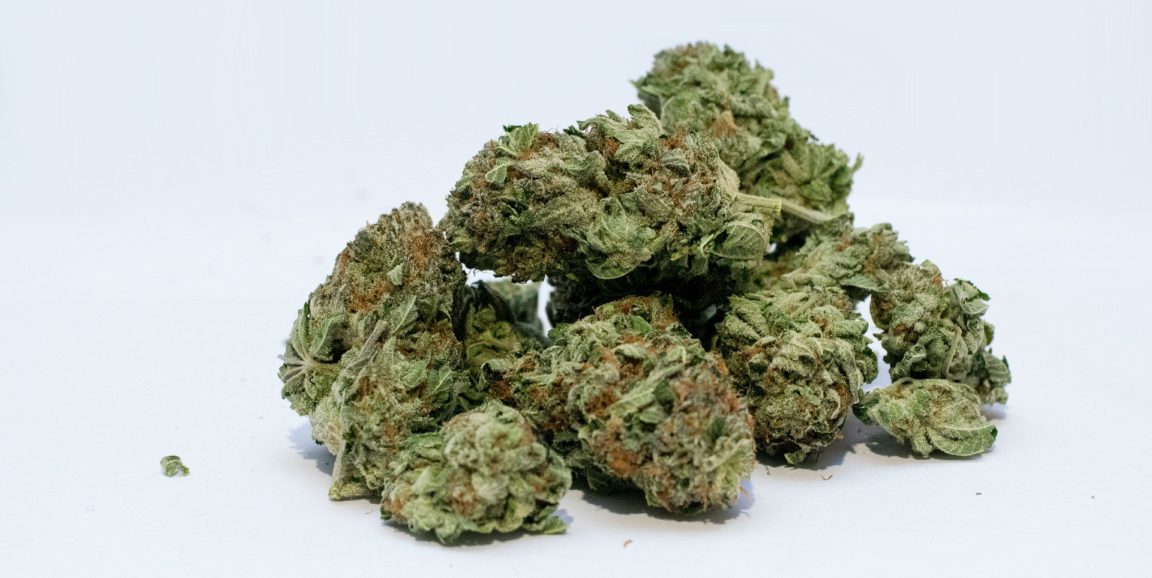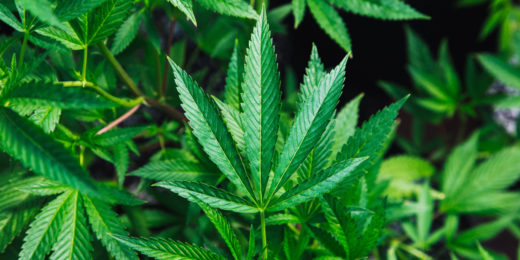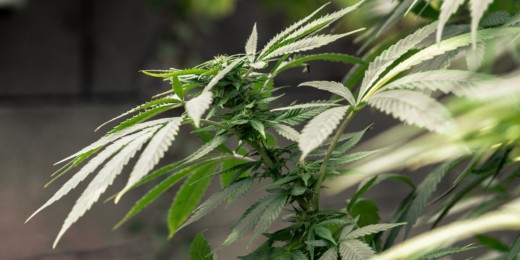As Stanford postdoc Chelsea Shover, PhD, was scrolling through her Twitter feed, one image stopped her cold.
Someone from a physician organization, alarmed by claims made in a Pennsylvania cannabis dispensary's advertisement, had retweeted it. The ad was aimed at people taking Suboxone, a medication approved by the U.S. Food and Drug Administration for treating opioid use disorder.
"Get OFF the Suboxone, and onto a healthier choice, medical cannabis," the tweet read.
Such misguided medical advice "is really dangerous," Shover said. "The FDA-approved treatments for opioid use disorder are quite effective, and there's no evidence that cannabis helps," she told me. "Also, Pennsylvania is my home state."
State policies for dispensary advertising
Shover decided to look into state policies regarding medical marijuana for opioid use disorder and see how those policies influence dispensaries' advertising. Her research was published Tuesday in JAMA Network Open.
Though there's no evidence that cannabis can treat opioid use disorder, medical boards in four states -- Pennsylvania, New York, New Jersey and New Mexico -- include the disorder among conditions that qualify a person to access marijuana for medical purposes. Shover and her colleagues found that in the Northeastern states where that is the case, more dispensaries make advertising claims that cannabis can treat opioid addiction than they do in adjacent states.
"The harm," said co-author Keith Humphreys, PhD, "is that people buy cannabis and go off their medications," risking a relapse of opioid addiction or overdose. The U.S. Department of Health and Human Services estimated that in 2017, 1.7 million U.S. residents suffered from opioid use disorder.
Erroneous medical claims
It's unclear why some medical boards allow dispensaries to provide cannabis as a treatment for the disorder, but Humphreys and Shover suspect lobbying by the marijuana industry, as well as policymakers' desire for solutions to the opioid epidemic. "Desperation often leads people to abandon their critical sense," explained Humphreys, a professor of psychiatry and behavioral sciences at Stanford.
Shover said that dispensary advertisements have erroneously suggested that cannabis can treat a variety of conditions, including Alzheimer's disease, depression, cancer, diabetes and, yes, COVID-19. Cannabis dispensaries are not legally allowed to make these assertions, but they sometimes do. "Pretty much, you name it, they claim cannabis can treat it," she said.
Shover and Humphreys said they hope their research causes state medical boards to revise medical marijuana policies and no longer include opioid use disorder as a qualifying condition. They also hope the FDA cracks down on more dispensaries that make unproven statements about cannabis.
"I'd like to see medical cannabis held to the same standards as any other medicine," Humphreys said. "They need evidence for their claims."
Next steps for research
As for the tweet that kicked off the research, Shover said that the dispensary eventually removed it and apologized.
She said though most dispensaries promoting questionable medical claims for cannabis are less bold about their assertions, "the meaning is clear."
Shover's next step is to research how state policies regarding cannabis and dispensaries' advertising claims affect health outcomes. "We want to see how this is affecting people's lives," she said.
Photo by John Miller






